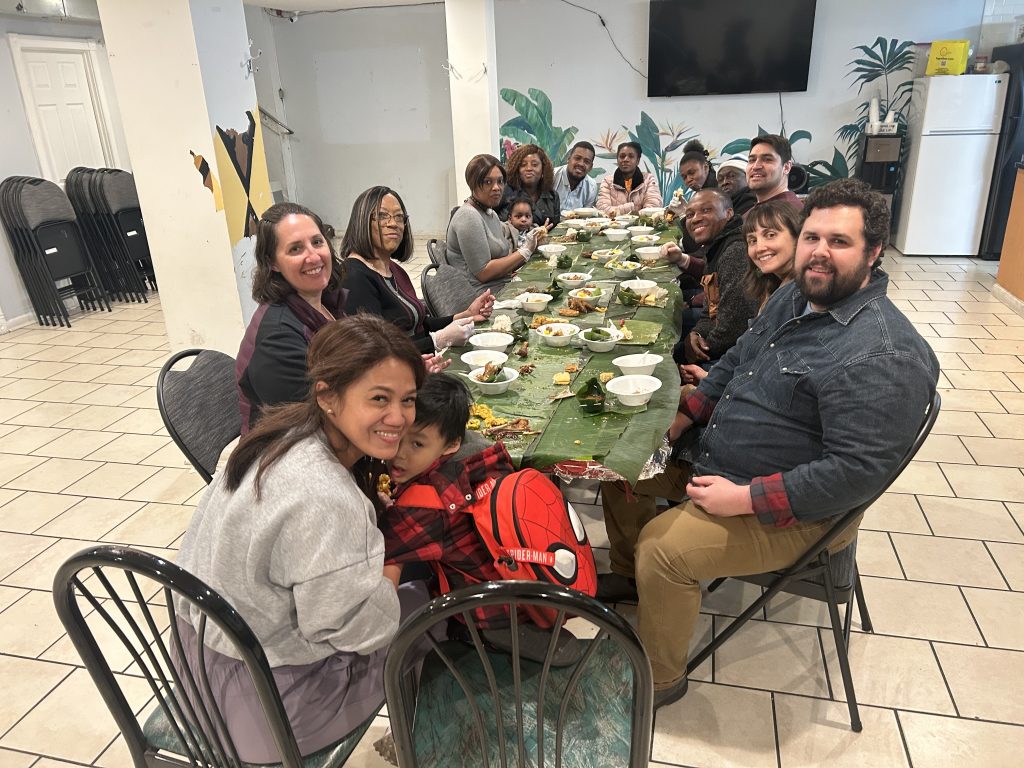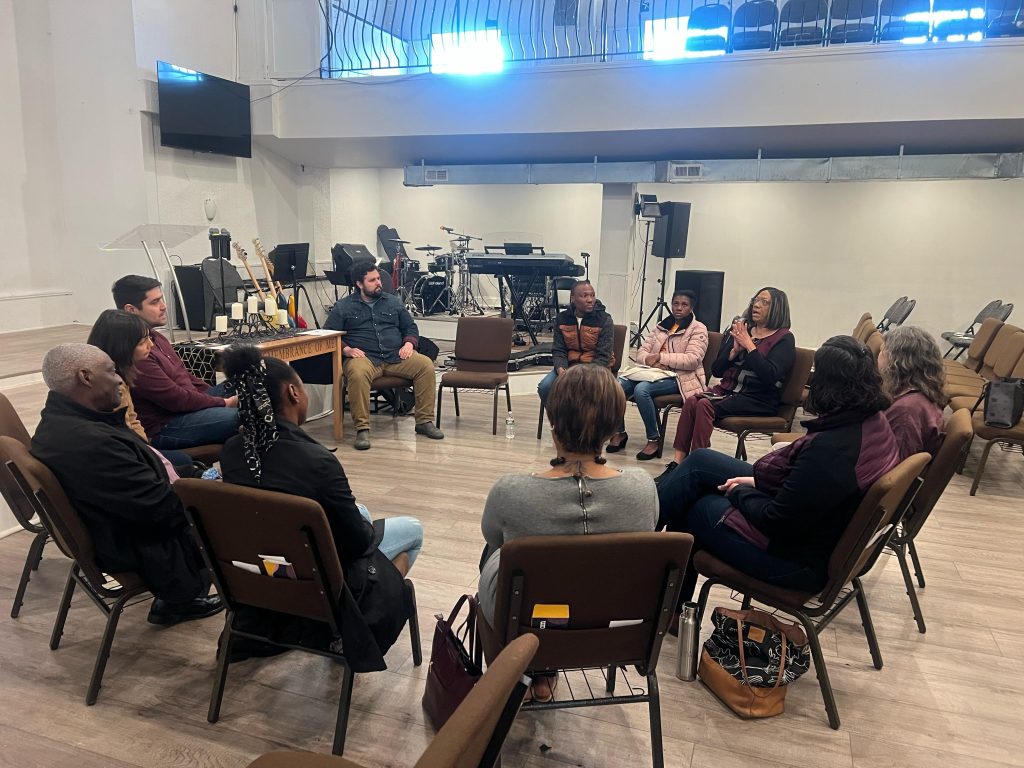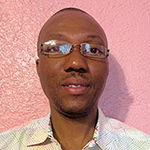by Sam Charles
Nutrition plays a vital role in human existence, providing the essential vitamins and energy needed for the body’s proper functioning. Acknowledging the importance of nutrition in sustaining human life, God created the necessary resources for sustenance before the creation of humankind.
This idea is affirmed by the teachings of Jesus Christ, who said, “People do not live by bread alone, but by every word that comes out of the mouth of God” (Matthew 4:4, NLT). Beyond its nutritional value, food serves as a catalyst for social and intercultural bonds. The way food is prepared, served, and shared—whether on the floor or at a table —represents cultural practices that reflect the traditions and customs of different communities.
For example, Haitian and Jamaican cuisines bear notable similarities, but differ considerably from those of other populations. Food can act as both a unifier and a point of distinction between groups. Family meals, national celebrations, and religious feasts are all instrumental in passing down cultural values from one generation to the next. Food thus plays a role in both celebrating cultural diversity and encouraging cross-cultural interaction.
Sharing a meal with individuals from different cultural backgrounds is a dynamic medium for fostering communal bonds, cultivating friendship, and facilitating intercultural exchange. Such shared meals encourage the acceptance of diverse identities and practices, highlighting the importance of mutual respect and understanding.

On Saturday, March 22, members of Indonesian Light Church (Philadelphia, PA) and the Haitian congregation Bethel Worship and Teaching Center (Levittown, PA) collaborated to offer food as part of an extraordinary intercultural encounter. The event melded elements of Indonesian, Haitian, and American cultures, fostering a rich exchange of ideas and practices.
The workshop discussions centered on the dynamics of power and seeking understanding of differing perspectives. The event culminated in a shared meal, fostering a sense of communal harmony, understanding, and lack of judgement among participants from diverse cultures.
The event provided a valuable opportunity for Americans, Haitians, and Indonesians to engage in meaningful dialogue and mutual learning. The event also served to promote the principles of love, as exemplified by Jesus, and to embrace our neighbors, thereby achieving the unity in diversity articulated by Paul in Galatians 3:28, NIV, “There is neither Jew nor Greek, slave nor free, male nor female, for you are all one in Christ Jesus.”


Sam Charles
Sam Charles is the pastor of Bethel Worship and Teaching Center in Levittown, PA and a member of Mosaic’s Intercultural Committee.
Mosaic values two-way communication and encourages our constituents to respond with feedback, questions, or encouragement. To share your thoughts or send a message to the author(s), contact us at communication@mosaicmennonites.org.
The opinions expressed in articles posted on Mosaic’s website are those of the author and may not reflect the official policy of Mosaic Conference. Mosaic is a large conference, crossing ethnicities, geographies, generations, theologies, and politics. Each person can only speak for themselves; no one can represent “the conference.” May God give us the grace to hear what the Spirit is speaking to us through people with whom we disagree and the humility and courage to love one another even when those disagreements can’t be bridged.
